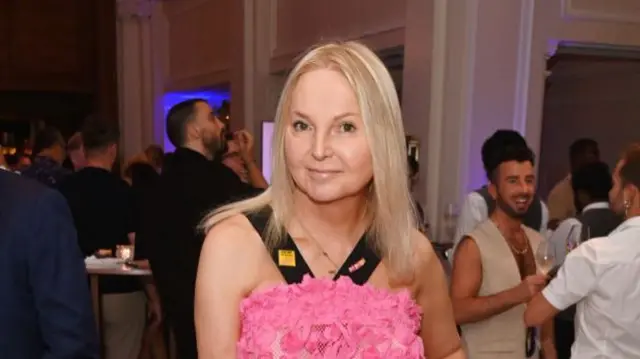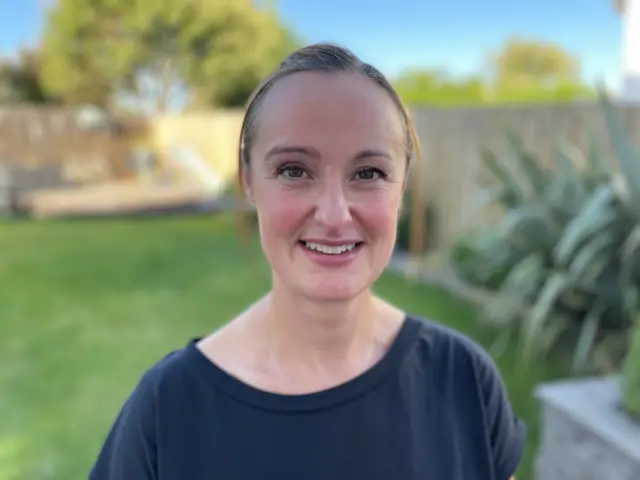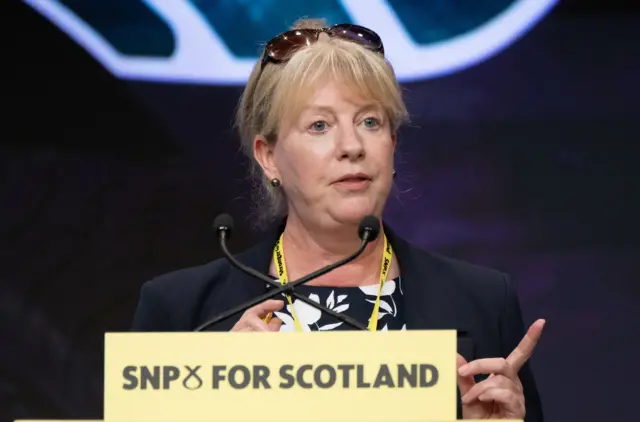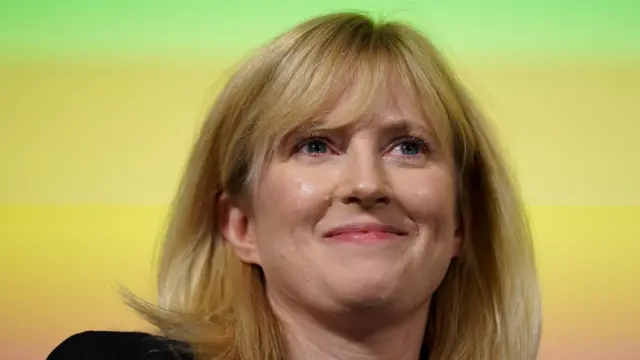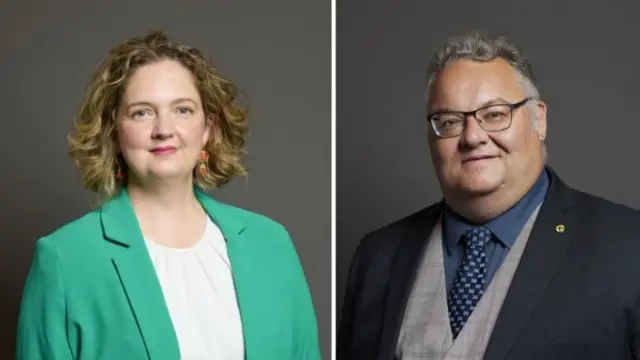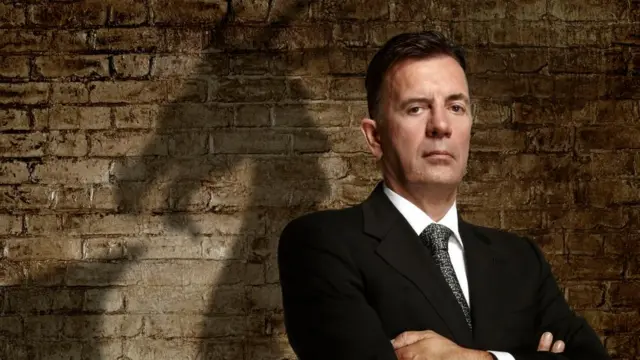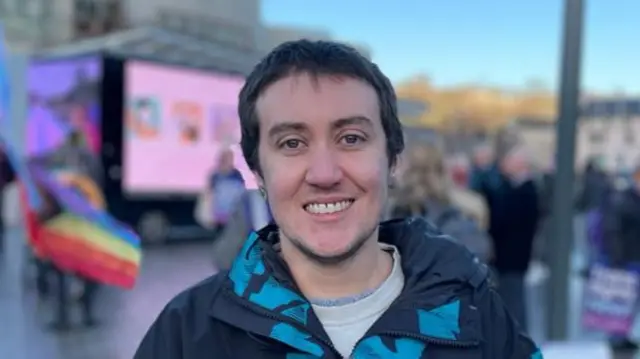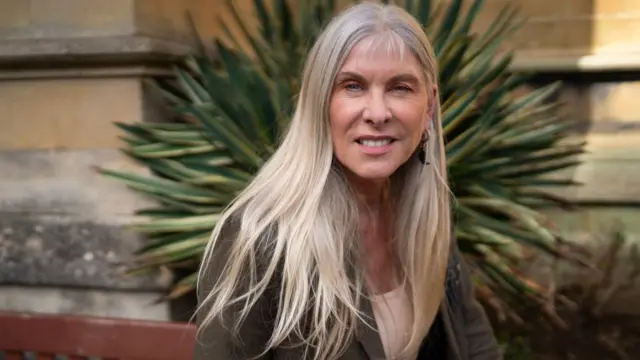UK's highest court says legal definition of woman is based on biological sexpublished at 17:51 BST 16 April
 Ben Hatton
Ben Hatton
Live reporter
The Supreme Court has ruled that the legal definition of a woman is based on biological sex, in a decision which could have far-reaching implications for who can access single-sex services and spaces.
It came about after the Scottish government included transgender women in quotas to ensure gender balance on public sector boards. Campaign group For Women Scotland argued that sex-based protections should only apply to people born female.
The judges were tasked with deciding on the correct interpretation of “sex” and “woman” in the main piece of legislation setting out sex-based legal protections.
Specifically, they ruled that the definition of sex as used in the Equality Act 2010 is "binary" and decided by biology - a person who was not born as a biological female cannot obtain the legal protections the Act affords to women by changing their gender with a Gender Recognition Certificate.
It's important to note that the Act still provides transgender people with protections against discrimination, and that the judges said it was not their place to weigh in on those definitions in the wider public debate.
Our social affairs editor Alison Holt writes that the judgment brings clarity on the law, but the jury is still out on what day-to-day differences it will make.
We're stopping our live coverage now. We appreciate there's been a lot of information and different arguments to digest. If you want to read more, we've recapped the arguments made in the case, its journey to the Supreme Court, and the judges' verdict and reactions to it.
You can also read our main story on the day's events here.
